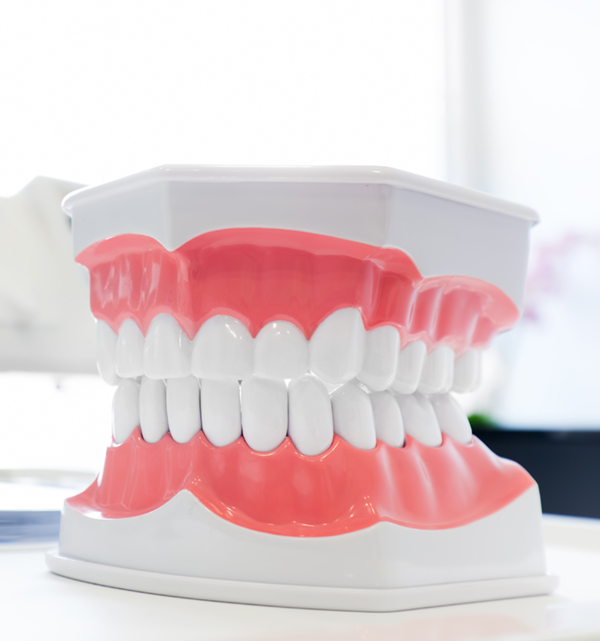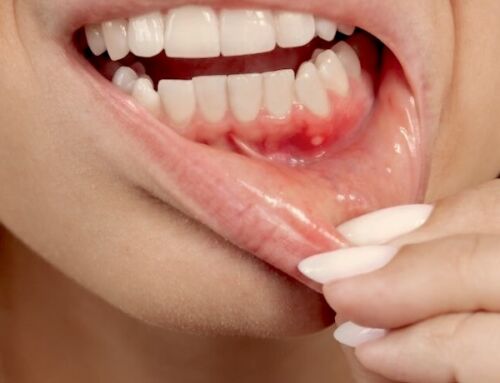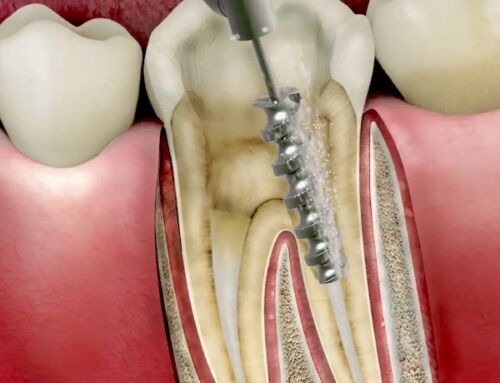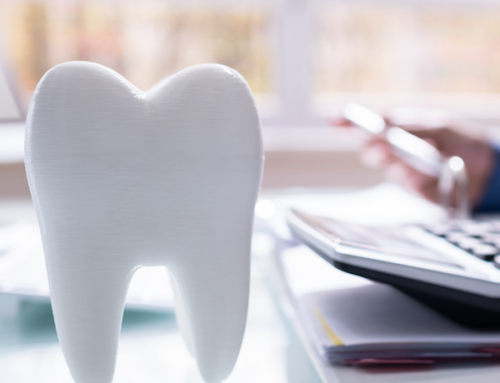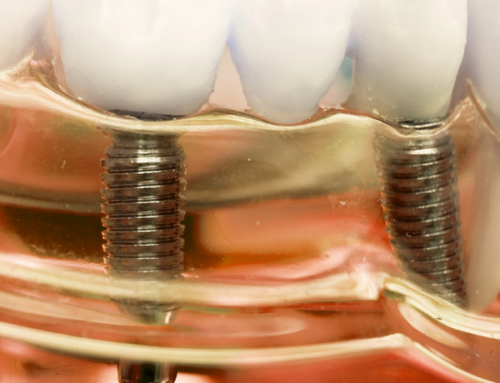Dental prosthetics are artificial devices that replace or repair damaged or missing teeth. They are vital to your everyday life as they improve your smile, enhance your ability to bite and chew, lower your risk of gum and bone disease, and maintain your overall oral health.
With the different options for dental prosthetics available, how do you know which is best for you? In this short read, we will review some dental prosthesis devices so you can get a good idea of what fits you and your smile best.
Dental Prosthetics Overview
There are several types of dental prosthetics. They are classified as fixed or removable. Fixed prosthetics are dental crowns, bridges, implants, and implant-supported prostheses. These are fixed in the mouth whether on teeth or bone.
Meanwhile, the different types of dentures are mainly removable prosthetics, which can be taken out as needed.
Dentures
As removable dental prosthetics, dentures rely mostly on the remaining jawbone and teeth and surrounding soft tissues to fit snugly in the mouth. Good quality dentures should be lightweight but still supportive enough to do normal functions such as biting and eating.
Depending on how many teeth you are missing, your dentures can be partial or full.
Partial Dentures are denture prostheses that replace some but not all of your teeth. These dentures are made with clasps that wrap around existing healthy teeth to hold them in place.
Meanwhile, Complete Dentures replace all of your teeth whether in the upper or lower jaw or both. Because there are no teeth to support complete dentures, they depend on the existing bone support to prevent them from coming off.
Another type of denture is called a flipper. This is a temporary partial denture that replaces just one missing tooth or two adjacent teeth. They are made with less durable material than your usual dentures as they are made to be used for a short time only. Usually, flipper dentures are used while you wait for permanent tooth replacement options such as a bridge or implant.
Dental Crowns
A severely decayed or damaged tooth can be restored with a dental crown. A dental crown is often made with metal, porcelain, ceramic, or hybrid materials. It covers the whole tooth to improve its appearance, enhance its durability, and preserve the remaining natural tooth structure.
A dental crown can also be used as the final restoration for a tooth that has undergone root canal or dental implant treatment.
Dental Bridges
Meanwhile, if you have one missing tooth or a few adjacent missing teeth, you may consider a dental bridge as your treatment of choice.
A dental bridge essentially “bridges” a gap caused by missing teeth. It uses the teeth on each end of the space as support to hold the replacement tooth crown in between. These are called abutments and they are crucial to the long-term success of your bridgework.
Ideally, one missing tooth should have 2 abutments— one on each end. But if you have 2 or more adjacent missing teeth, your dentist will need more tooth abutments to make sure that the bridge will be well-supported. At maximum, a dental bridge can replace up to four teeth.
Veneers
If you looking to have a smile makeover, then you have likely heard of veneers. These are ultra-thin shells made with composite or porcelain material. They can be customized to transform the size, shape, colour, and length of your teeth to create a more harmonious smile. This is also a great option to camouflage minor smile imperfections.
Unlike crowns, veneers only cover the front surface of the tooth and require minimal tooth reduction. Because of this feat, they are a more conservative option to improve your smile.
Dental Implants
If you are considering a lifetime replacement for your missing tooth, a dental implant is what you need. This type of dental prosthetic involves a titanium screw that is placed into the jawbone and held in place as the bone fuses around it. Then, a tooth replacement, usually a crown, is attached to it.
A dental implant is the next best thing to a natural tooth. It is embedded in the bone, so it promotes bone growth. This creates a supportive foundation not just for future tooth replacement, but also for your facial muscles. The outcome of implants is the closest to natural teeth. So, while they can be quite costly, they are a great long-term smile investment.
Implant-Supported Prosthetics
Dental implants are versatile prosthetic devices. They can effectively replace one or all of your teeth. One missing tooth needs one implant fixture and one tooth replacement which is a crown. But if you are missing a few or a full set of missing teeth, you may opt to get implant-supported prosthetics.
This type of dental prosthesis relies on several dental implants placed on missing tooth spaces. This will hold either a bridge or denture depending on how many teeth need replacement.
The more teeth to be replaced, the more implants needed to support it. For full dentures, 4 – 6 implants placed across the jawbone are required to retain it in place. This is called an All-on-4 or All-on-6 respectively.
Overdentures
One of the main concerns with dentures is bone loss. Because there are no tooth roots or substitutes for such, the bone will deteriorate over time. This causes problems such as loose dentures and poor muscular support causing facial sagging.
To fix this problem, you may consider overdentures. This dental prosthetic eliminates the problems associated with traditional dentures. They are designed to fit over remaining natural teeth, tooth roots, and/or dental implants. The result is a more natural appearance than a traditional partial denture.
Choosing Your Dental Prosthetics
With several types of dental prosthetics, how do you determine which one is for you? The best way to find out is to consult your dentist. Discuss with them your smile goals so they can help you narrow down your options.
The type of dental prosthetics you need largely depends on how many teeth you are missing and the condition of the surrounding structures such as your jawbone and gums. After your dentist has assessed your oral health and learned about your goals and expectations for the treatment, they can better recommend a solution for your smile.
Discover about dental prosthetics and how it can improve your life! Contact us today at Chinook Dental Group to learn more about your options.

